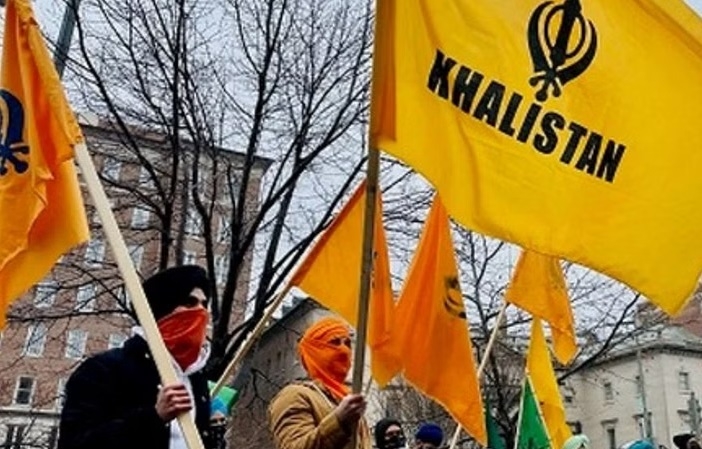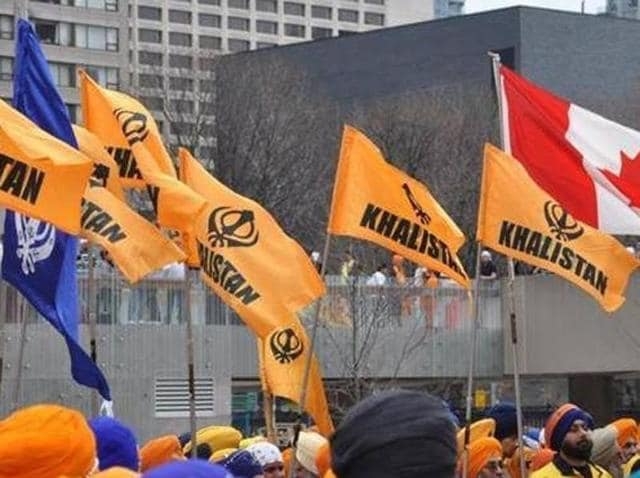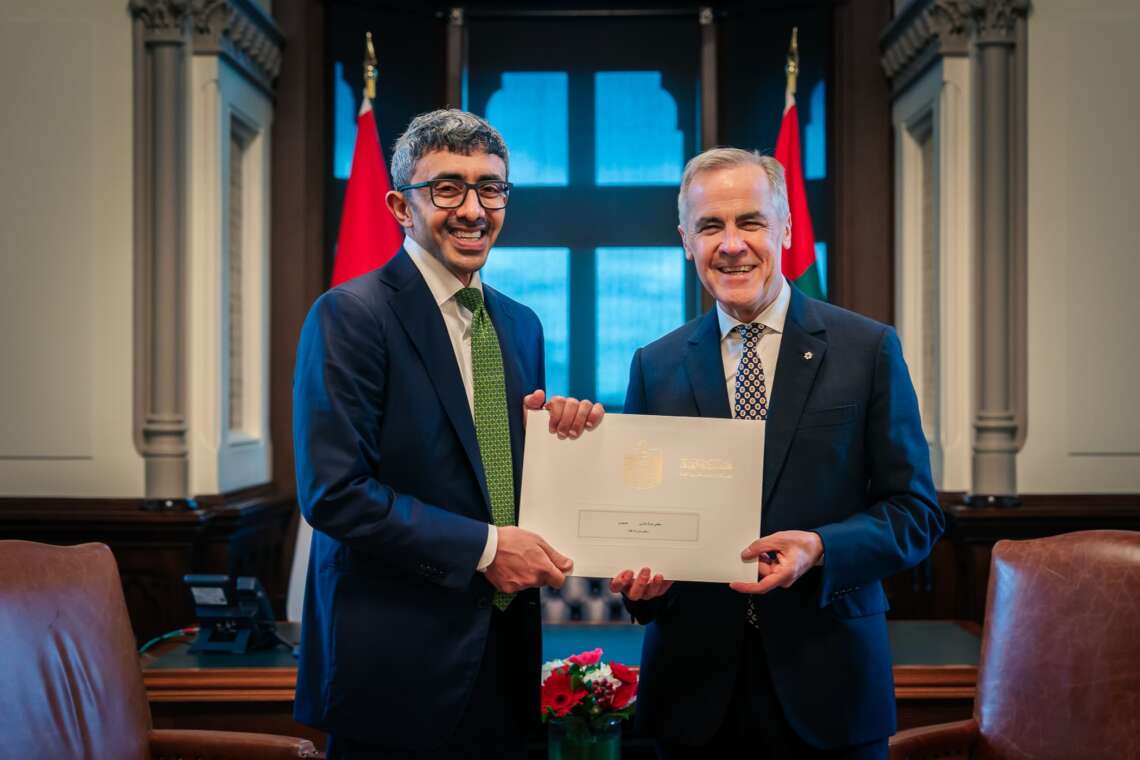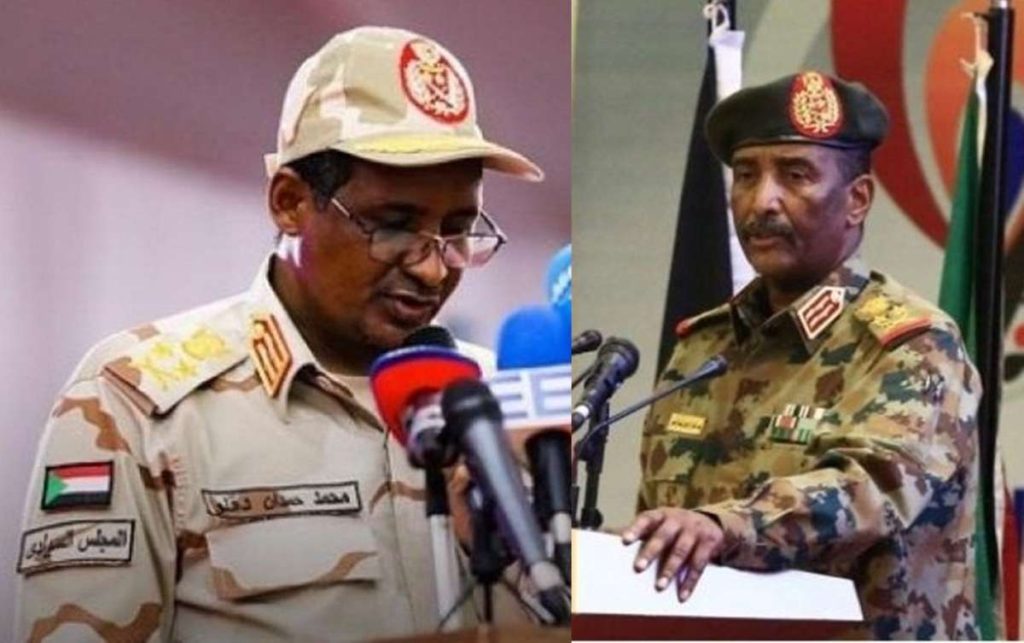Conference on “India Confronting Terrorism as a Global Threat” in Toronto musters the support of security experts, policymakers, and scholars to discuss and analyse the impact of Khalistani terrorism and strategies to counter this menace
The Canadian city of Toronto recently hosted a conference to discuss India’s efforts in confronting terrorism as a global threat. The conference aimed to address the challenges posed by various forms of terrorism, including Khalistani extremism, and explore the funding of such activities, some of which originate from Pakistan.
The conference brought together experts, policymakers, and scholars to discuss and analyse the impact of Khalistani terrorism and strategies to counter this menace. The following report summarizes the key discussions and recommendations put forward by the four distinguished speakers during the conference. Martin Forget, Michael Giles, Broaden Roth and Mario Silva share their expertise on global terrorism and the need to tame it with a united force.
The speakers shed light on the nature of Khalistani terrorism, India’s response to this threat, the role of Pakistan in supporting these activities, and the importance of international cooperation in countering terrorism financing and radicalisation.

Understanding Khalistani Terrorism and its Global Implications Martin Forget, an expert in counterterrorism, provided insights into the nature of Khalistani terrorism and its global implications. He highlighted the historical background of the Khalistan movement and its evolution into a terrorist organization.
He emphasized the importance of understanding the socio-political factors that contribute to radicalising and recruiting individuals into Khalistani terrorist groups. He also stressed the need for international cooperation to combat the transnational nature of Khalistani terrorism and the exchange of best practices in countering violent extremism.
India’s Response to Khalistani Terrorism and its Challenges Michael Giles, an expert on India, focused on India’s counterterrorism measures in addressing the challenges posed by Khalistani terrorism. He highlighted the proactive approach taken by Indian security forces in dismantling Khalistani terrorist networks and preventing attacks.
He outlined the legal and operational frameworks to counter terrorist activities, including intelligence sharing, capacity-building initiatives, and legislation targeting terrorist financing. He also highlighted the challenges faced by Indian security agencies, including the external support and funding provided to Khalistani groups from Pakistan.
Broaden Roth, an expert in terrorism financing, shed light on the crucial issue of funding Khalistani terrorism, with a particular focus on the role played by Pakistan. He discussed the various channels through which funds are credited to Khalistani terrorist groups and the need for robust measures to disrupt these financial flows.

He stressed the importance of international cooperation in tracking and preventing terrorist financing, particularly in countering cross-border funding from Pakistan. He called for increased scrutiny of financial transactions and enhanced collaboration between intelligence agencies to tackle this challenge effectively.
Strengthening International Cooperation and Countering Radicalization Mario Silva, an international relations expert and President of IFFRAS emphasised the significance of international cooperation in countering Khalistani terrorism. He stressed the importance of sharing intelligence, best practices, and expertise among countries to effectively tackle the transnational nature of this threat.
He also highlighted the need for concerted efforts in countering radicalisation, particularly through initiatives that promote inclusivity, education, and religious tolerance. He underlined the importance of addressing socio-economic disparities and promoting social cohesion as key elements in preventing the rise of extremism.
The conference on “India Confronting Terrorism as a Global Threat” provided a platform for comprehensive discussions on the challenges posed by Khalistani terrorism and the funding of such activities from Pakistan. It also highlighted the need for more robust measures to disrupt terrorist financing, enhance intelligence sharing, and address the root causes of radicalisation.













